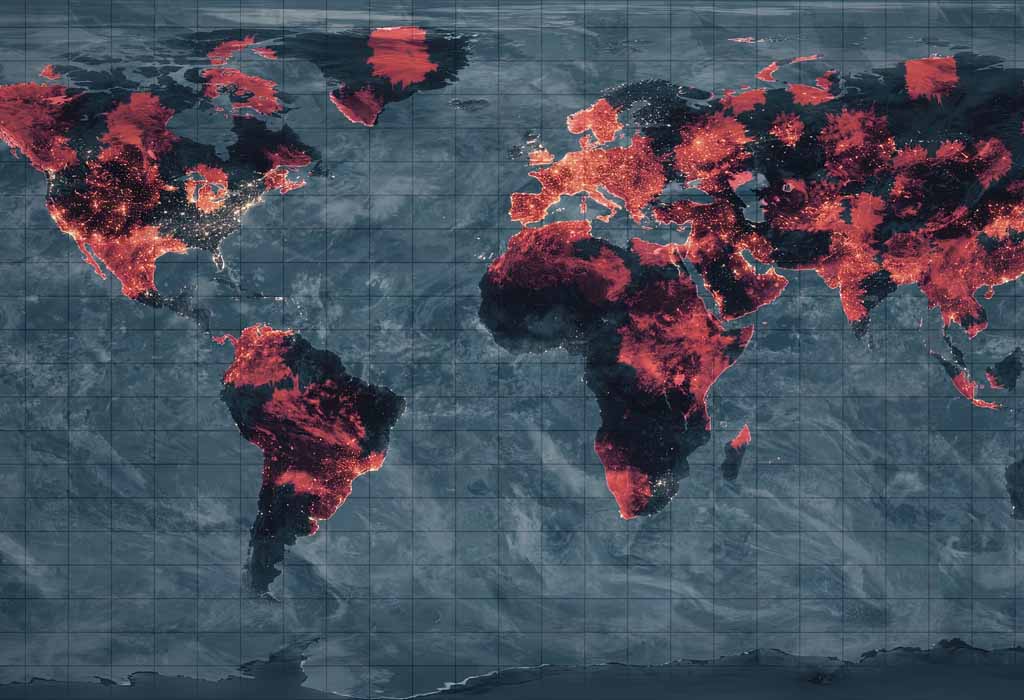
IESE Insight
Geopolitical and economic crises: an uncertain future for the United States, China and Europe
As the U.S. embraces protectionism, China flounders and Europe struggles with dependence, Spain emerges as a cautious bright spot.
Geopolitical tensions, persistent inflation and growing protectionism: all terms we’ve become increasingly used to in recent years. At a session held at IESE Business School in Barcelona, Professor Jordi Gual and Oriol Aspachs, Head of Spanish Economics at CaixaBank Research, analyzed the challenges facing the United States, China and Europe, particularly Spain.
A struggle for hegemony defines the United States
Gual asserted that U.S. economic policy has taken a historic turn for the worse in recent years, exacerbated by the reelection of President Donald Trump. The country that for decades was the symbol of the free market has itself shifted to an interventionist model, as well as drifting from globalization to protectionism, and adopting measures that prioritize national interests over global integration.
This change is reflected in the institutional sphere by arbitrary decision-making (sometimes to the exclusion of the rule of law). In monetary policy, the U.S. Federal Reserve is now facing increasing politicization and may abandon its traditional focus on price stability. And the dollar, historically the “exorbitant privilege” of the U.S., is beginning to be seen as a liability under the Trump administration. For this reason, he is adopting policies that weaken it.
Ups and downs in the Chinese economy
China has many clear strengths: a long-term trade strategy; a solid industrial plan in key sectors (renewables, electric vehicles, rare earth minerals); a broad scientific and technological base; and a network of international alliances, including political ties with Russia and Iran.
Nevertheless, China continues to grapple with a real-estate bubble, which weakens the economy as a whole and creates deflation, and with a model that is overly dependent on investment and foreign trade.
In Gual’s view, China’s dilemma will be to choose between a pragmatic path to consolidating power, or an ideological and nationalist drift, with the risk of a more aggressive approach to geopolitics, particularly with regard to Taiwan.
Europe: strategic dependencies and lack of reforms
Europe is the weakest link in the global economic chain. Gual highlighted four major challenges:
- Military dependence, evidenced by very low defense spending.
- Energy and technological dependence, resulting from a lack of autonomous development in both gas supplies and information technologies.
- Strategic dependence on other countries, resulting from the absence of a common foreign and defense policy that would enable the EU to act in a unified manner on the global stage and strengthen its commercial and industrial position.
- Excessive regulation and the rigidity of its welfare states.
Spain shows economic resilience, but there are challenges
Oriol Aspachs, meanwhile, argued that Spain, in any case, is “back on track.”
His data shows a surprisingly robust Spanish economy, thanks to a combination of factors:
- The financial health of families and businesses, characterized by reduced debt and high savings.
- Sector diversification, which has reduced dependence on tourism and construction.
- A robust export base, with the growing weight of engineering, consulting and architecture.
- An energy transition, which has reduced the relative costs of electricity.
- Expansive demographics, driven by immigration, which have sustained both consumption and employment.
However, there are also weaknesses in the Spanish economy, which could slow growth in the medium term, including: a housing shortage that is driving up prices and exacerbating social tensions; public debt, which remains at around 100% of GDP; trade tensions, which require expanding markets to mitigate geopolitical risks; and slow productivity growth.
Jordi Gual gave this session as part of a Lifelong Learning Program offered by IESE’s Alumni Association to its members.
READ ALSO:

